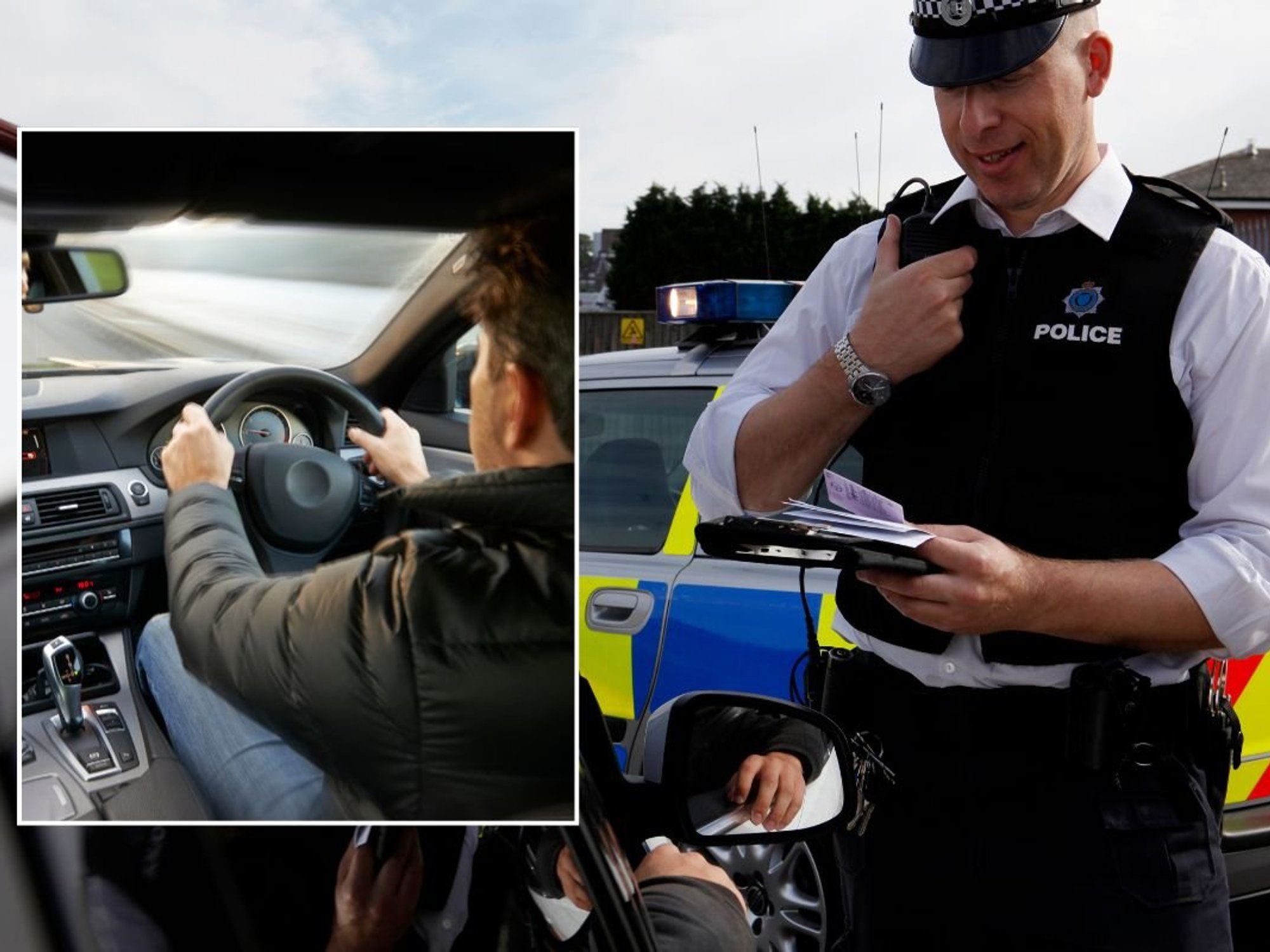DVSA backlog could see motorists wait months for a driving test as Britons urged not to 'rush the process'
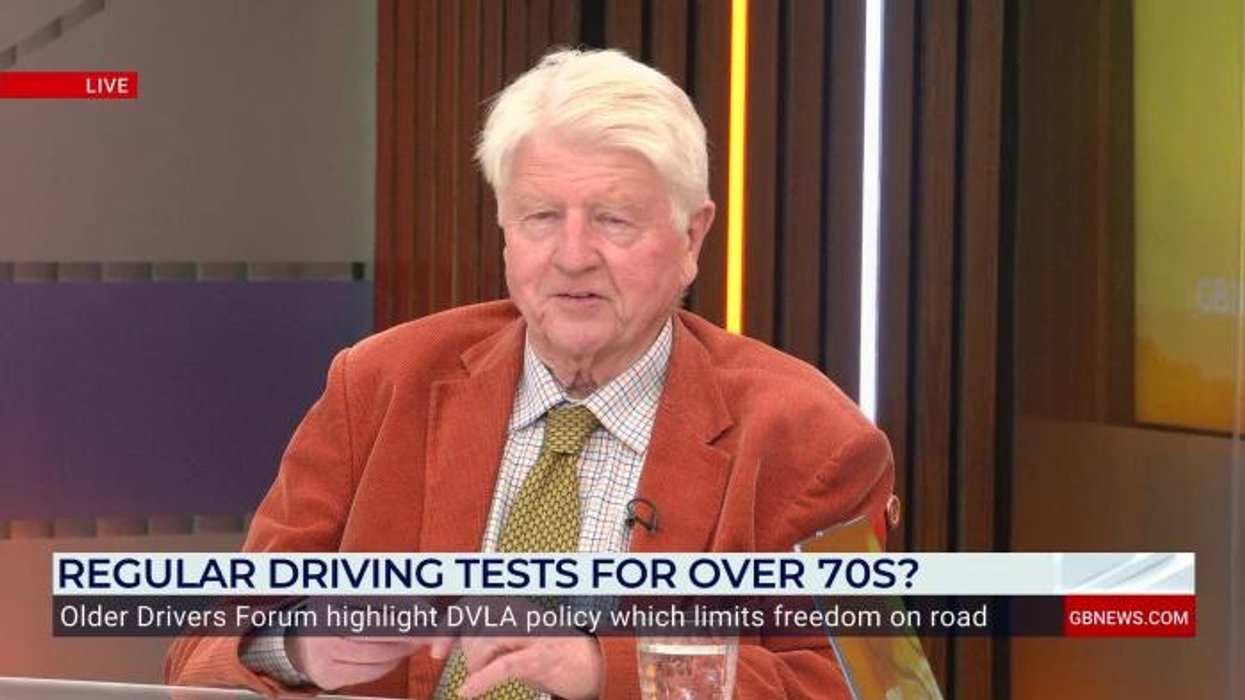
WATCH: Stanley Johnson says regular driving tests for the elderly is 'discrimination'
|GB NEWS

Transport Secretary Heid Alexander has outlined targets to cut down the waiting time for driving tests
Don't Miss
Most Read
Latest
A leading motoring expert has told GB News that motorists need to follow certain rules to ensure that they pass their driving test first time, to avoid having to wait months to book a new one.
The Driver and Vehicle Standards Agency (DVSA) has outlined plans to boost the number of examiners able to conduct tests and slash the backlog of tests.
Transport Secretary Heidi Alexander has announced a target of seven weeks as a maximum waiting time for drivers looking to take their tests by summer next year.
The original target was the end of 2025, with Alexander saying it was "totally unacceptable" that people were being forced to wait so long to get a test.
Do you have a story you'd like to share? Get in touch by emailing motoring@gbnews.uk
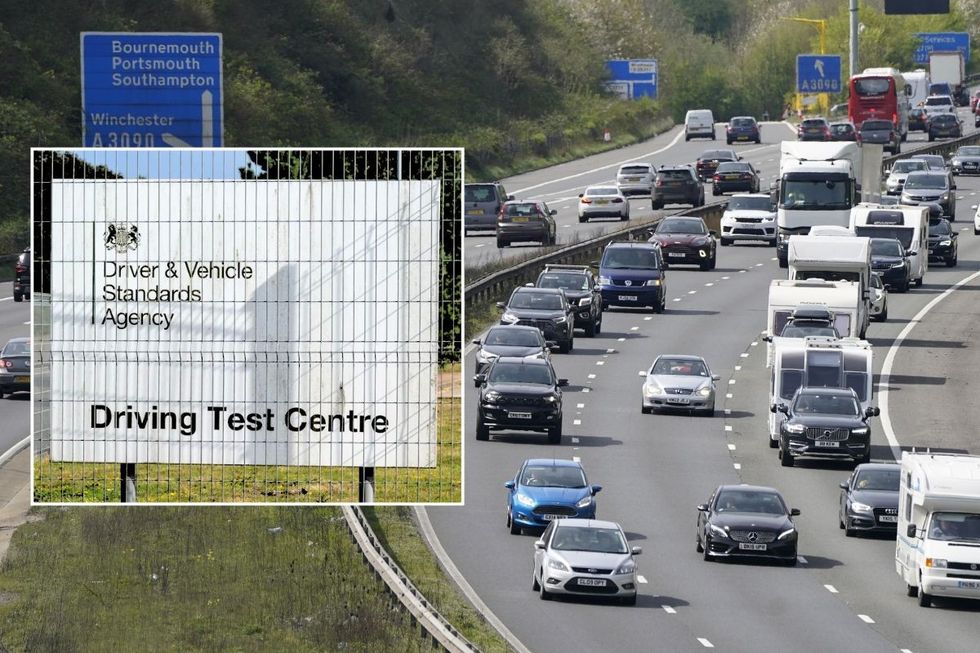
Drivers are being urged to follow expert advice when trying to book a test
|GETTY
Some drivers have complained that it is easier to get a test with the DVSA than it is to actually pass their driving exam, highlighting the scale of the issue for thousands across the UK.
The average waiting time for learner drivers across the UK is 22 weeks, with many drivers facing even longer waits to get a test with the DVSA.
The organisation also pledged to tackle the growing issue of driving instructors hoarding tests that they don't actually intend to take for the benefit of their students.
Speaking to GB News, Steve Wilkinson, Senior Content Editor at Auto Express, praised the pledge to increase the number of exams and advised motorists on the best way to pass their tests.
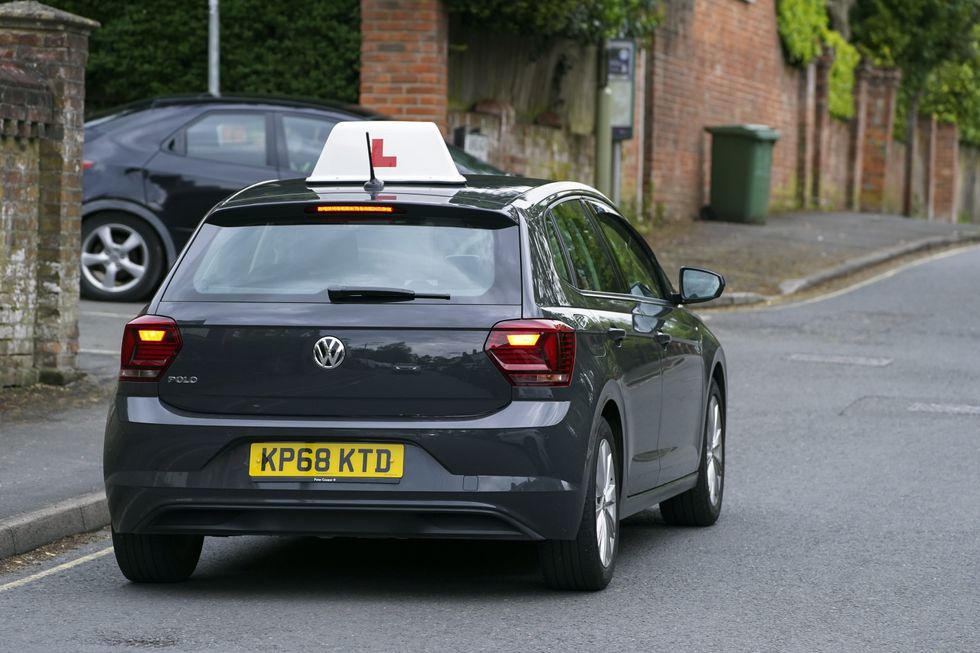
The DVSA introduced stricter measures for booking tests at the start of the year
| PAPlan your time
"Give yourself a sufficient amount of time to learn how to drive and pass your test. Don't try to rush the process, as many skills are developed through experience and taking numerous tests can be expensive. Let your instructor advise you on when you are ready."
Budget
Shane said: "There are many costs to take into consideration when learning how to drive so make sure you’ve got the budget in place to see it through. Costs include a provisional driving licence, theory test, professional driving lessons (the UK average is 45 hours) and the practical driving test."
Have regular lessons
"If possible, keep your lessons regular and try to aim for two hours a week behind the wheel,” advises Shane. "This will help you progress consistently, boosting your confidence, whilst not allowing time to forget what you’ve already learnt and maximise the time spent with your instructor."
Record your progress
"Keep yourself motivated by noting down when you’ve reached a big milestone and celebrate it," said Shane. "Some tutors use a progress log that helps pupils keep track of where they are on the syllabus, but if yours doesn't, then consider making your own."
Practice, practice, practice
"Once you’ve gained some experience with an instructor, get a friend or relative to take you out for extra practice on the road if possible," he said.
"One of the key ingredients of driving is gaining experience, which brings with it confidence. So spend as much time as you can behind the wheel. There are rules about who can accompany a learner - they must be over 21 and have had a full licence for over three years. Make sure you have the relevant insurance in place, too."
Stay focused in between lessons
"Use interactive online learning tools and practice spotting potential risks on the road. This will give you a deeper understanding of situations that may occur and how to avoid them," advises Shane.
Pass your theory test early
The expert said: "Aim to pass your theory test after 10-14 hours of practical training. Once this has been passed, you can book the practical test and concentrate on working towards the ultimate goal."
Take a mock driving test
Shane suggests doing at least one mock test, under test conditions and using a test route, adding: "This will help you prepare for the big day and help to settle your nerves as you will know what to expect. An important point is to keep the date of your real practical test quiet - the more people you tell, the more pressure you will feel on the day."
LATEST DEVELOPMENTS:
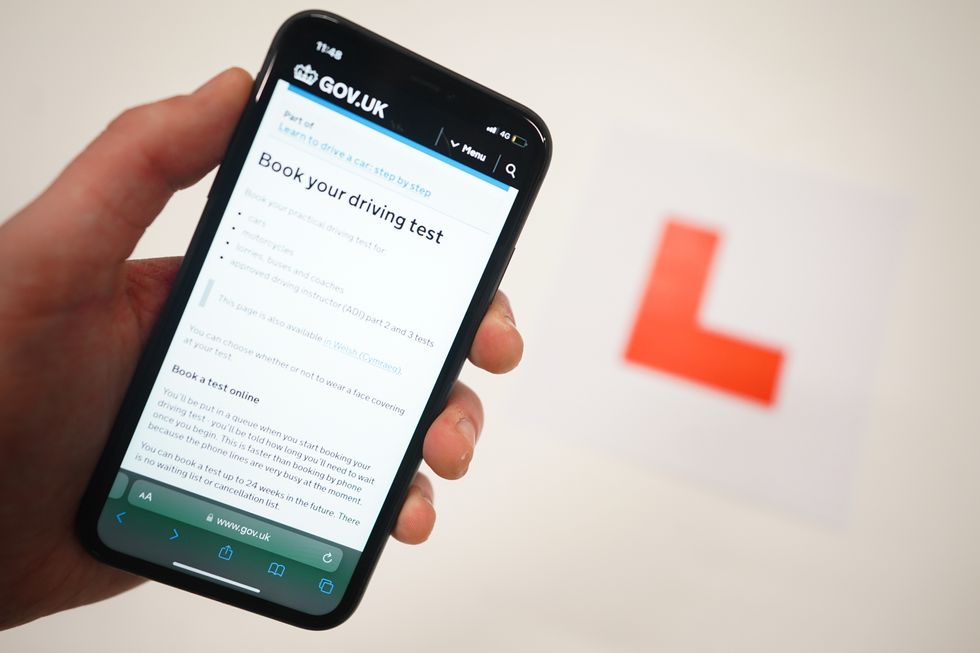 Last year, roughly 60,000 test appointments were lost due to drivers not showing up | PA
Last year, roughly 60,000 test appointments were lost due to drivers not showing up | PAGet a good night’s sleep
"Make sure that you don’t have a late night before the day of the test. If you have time, have a lesson beforehand to settle the nerves and get you thinking in the right way about your driving."
Keep calm
Shane says that it is all too easy to get stressed out, but that it is important to try and keep calm and treat the test like a normal lesson. He said: "Any time you feel tense, either that you've lost your focus or that you've made a mistake on your test, remember to concentrate on your breathing and take a few deep breaths.
"This will calm your mind, stop you dwelling in the past and help you focus on the next instruction. Remember, any mistake you feel you’ve made may only be minor, in which case you can still pass your test. Also, don't feel shy if you don't understand something, ask your examiner to repeat any instructions you're not sure of."










